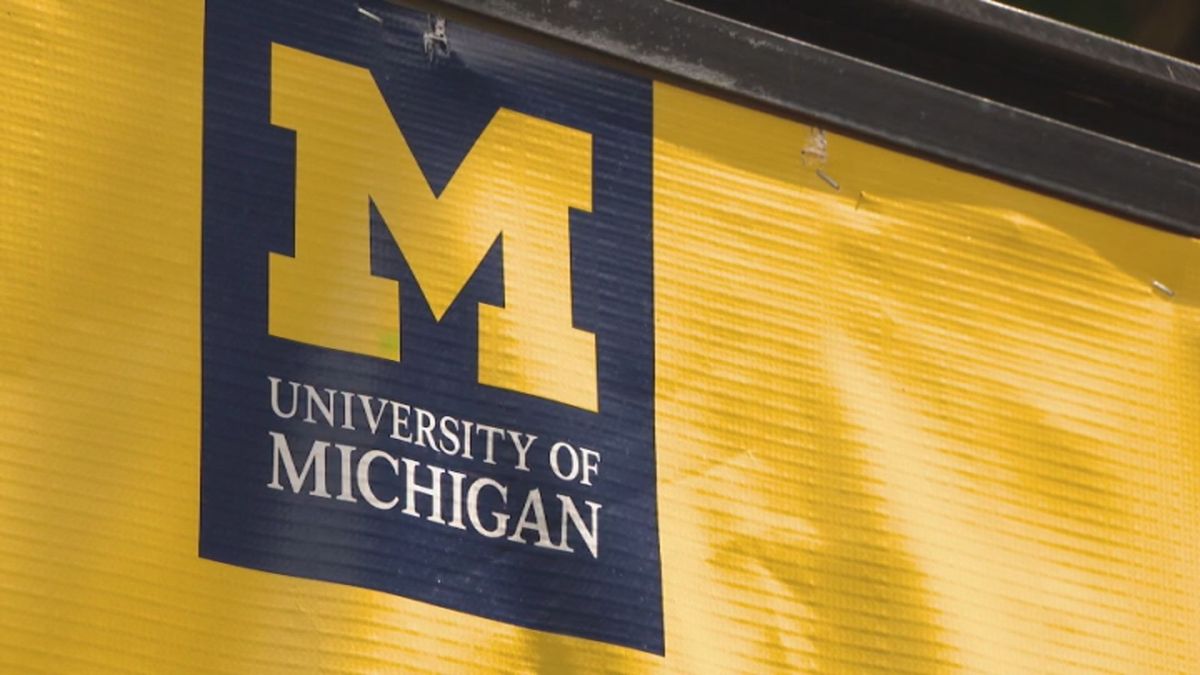Three Chinese researchers at the University of Michigan have been charged in an ongoing investigation into the smuggling of biological materials from China to the United States, the Department of Justice announced on November 5.
The defendants—Bai Xu, 28; Zhang Fengfan, 27; and Zhang Zhiyong, 30—were charged in a criminal complaint filed on November 4 in the U.S. District Court for the Eastern District of Michigan. Bai and Zhang Fengfan face conspiracy charges for smuggling biological materials, while Zhang Zhiyong is charged with making false statements to federal agents.
The trio was arrested at John F. Kennedy International Airport on October 16 while attempting to board flights to China and taken into custody by Immigration and Customs Enforcement.
The case is linked to Han Chengxuan, a Chinese scholar at Huazhong University of Science and Technology, who had previously shipped petri dishes containing genetically modified nematode worms, known as C. elegans, to the University of Michigan. Han pleaded no contest to three smuggling counts and lying to U.S. customs officials and was deported in September.
The criminal complaint alleges that the three researchers received multiple shipments from Han containing biological materials improperly labeled, including DNA molecules and genetically modified nematodes. They allegedly refused to cooperate with the University of Michigan’s internal investigation and were subsequently terminated from their J-1 visa programs.
Attorney General Pam Bondi emphasized the seriousness of the case, stating, “Allegedly attempting to smuggle biological materials under the guise of ‘research’ is a serious crime that threatens America’s national and agricultural security. We will remain vigilant to threats like these from foreign nationals who would take advantage of America’s generosity to advance a malicious agenda.”
The investigation highlights a broader concern over the illegal transfer of sensitive biological materials and potential threats to U.S. research security. Recent cases at the University of Michigan, including another smuggling case involving a fungus harmful to crops, have prompted lawmakers to call for stronger safeguards and internal reviews to prevent foreign exploitation of academic research.
Rep. John Moolenaar (R-Mich.), chairman of the House Select Committee on the Chinese Communist Party, said, “These new charges reveal an organized network of scholars engaged in illegal activity on Michigan’s campus. It is part of a broader, coordinated campaign targeting universities across the country.”










